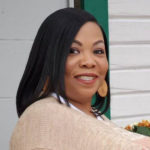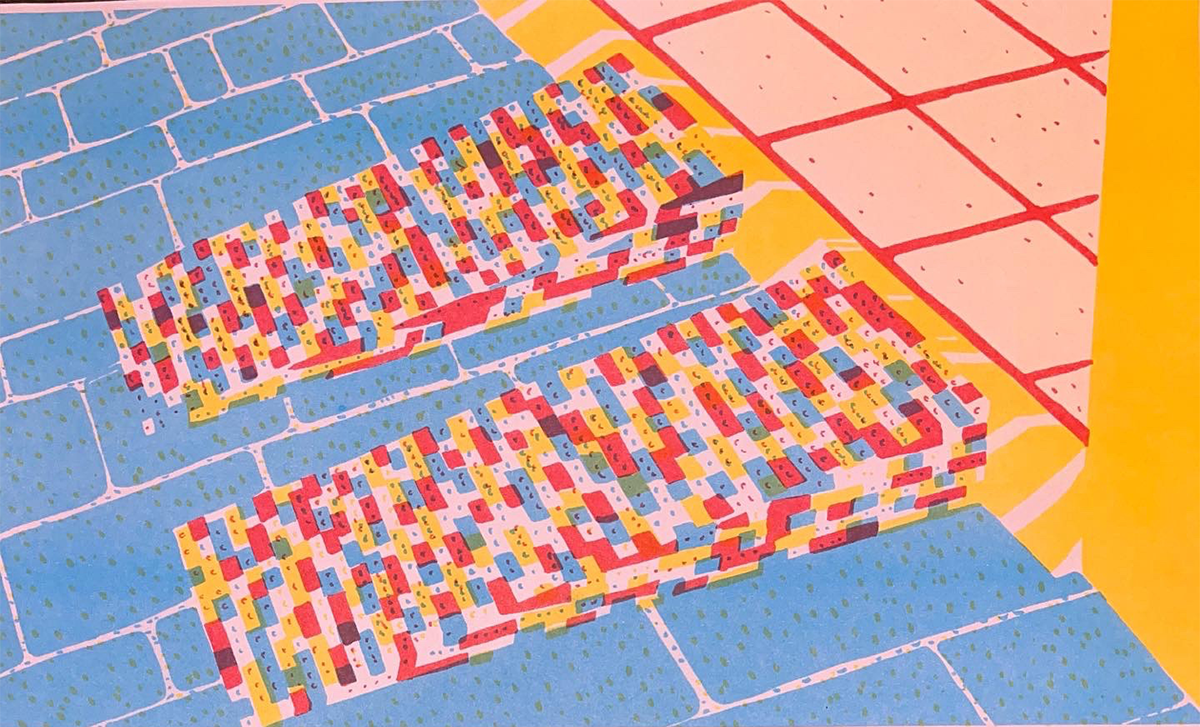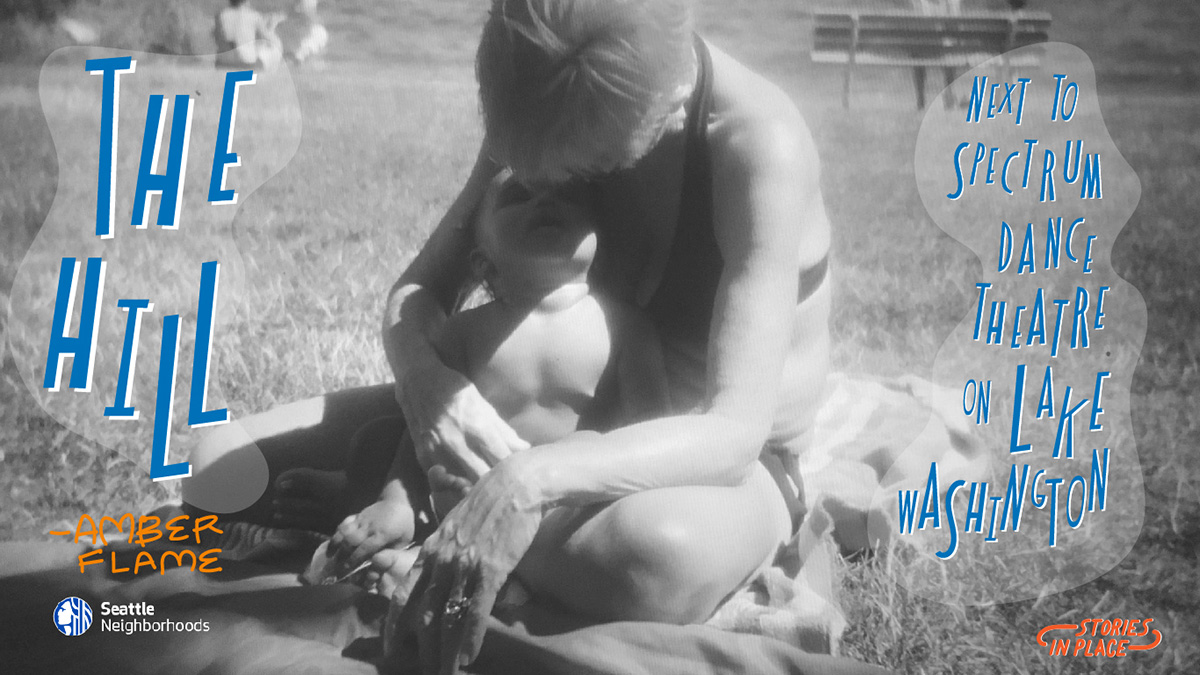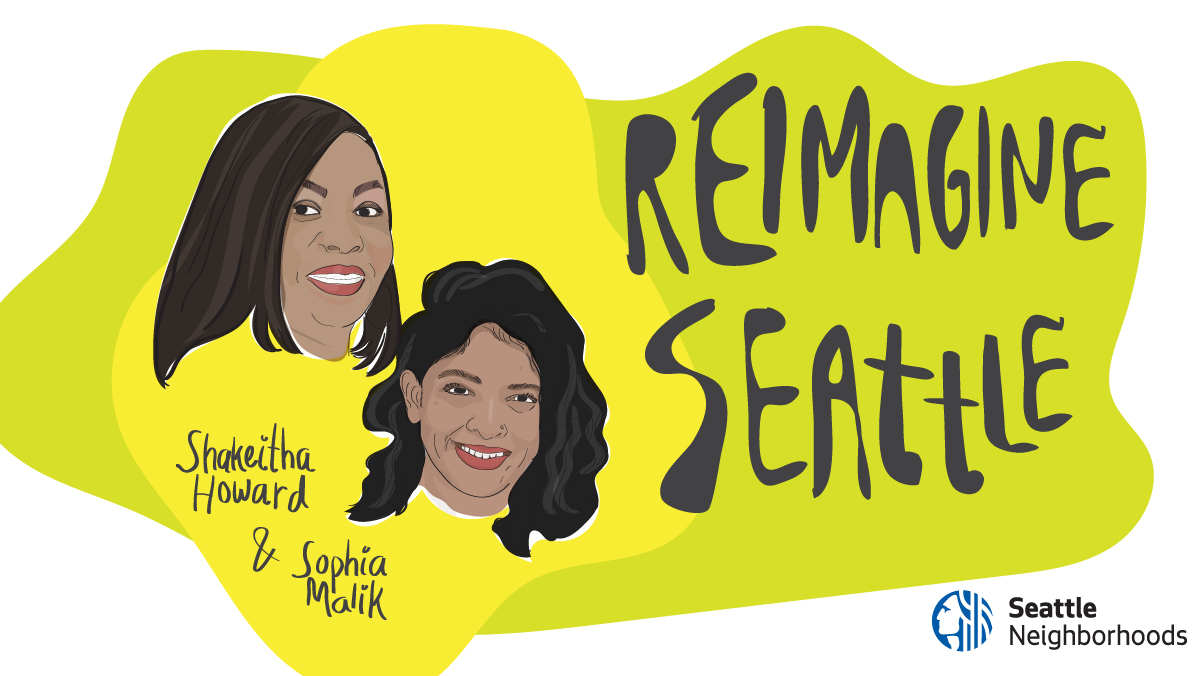
The challenges of the past two years have changed the way we live, the way we work, and the way we show up for each other. They have also given us a rare chance to collectively reimagine our future. Through the Reimagine Seattle Storytelling Project we invite community members to reflect on their current experiences in Seattle, how they have been impacted by recent events, and their hopes for the future of our city.
In the Seattle We Imagine
by Sophia Malik & Shakeitha Howard
For decades, altruistic health care workers have been the glue holding together a broken healthcare system. When microscopic COVID-19 virus particles found their way into the many crevices of that system, they cracked it open for all to see what we already knew. Amidst uncertainty for how our own health and livelihood would be affected, we saw our co-workers take their everyday heroism to legendary levels. We sewed masks for patients, delivered groceries and supplies to vulnerable members of the community, and found a way to provide reassurance to others even as we were overwhelmed with the same fears about our own health and safety. We did all of this while continuing to perform our jobs in a constantly changing pandemic and managing the increasing demands of our personal lives that included childcare, home classrooms, and the myriad other struggles that everyone faced in this new, pandemic world.
We as community health workers have long been aware of how racism, capitalism, and patriarchy impact people’s lives. We have witnessed patients living with a chronic background level of threat and without the basic resources to live a healthy life. However, the uprisings of the summer of 2020 took our awareness to another level. We joined the community in the streets while also dealing with the fallout of this racially charged confrontation on a personal level in our own workplace. We managed our growing lack of trust in the healthcare and judicial systems while also feeling challenged to transform our roles within them.
These experiences gave us ample opportunities to imagine the changes we want to see. We also acknowledge that our struggles and our hopes aren’t new. About 50 years ago, when our clinic was founded by the Black Panther Party, they had a Ten Point Platform which clearly stated their beliefs and requests to rectify hundreds of years of unmet needs. They did what they could to provide for their community with food programs, transportation, medical care, and more. Their requests for freedom, employment, housing, health care, and safety still resonate today. We still wish for a world where, instead of depending on the unsustainable sacrifice of individuals who have little enough, needs are met by a society that embraces cultural acceptance and the implementation of community care models. Within a community care model, all the people in our city would be provided with physical and financial resources, as well as emotional and social support, in ways that reflect each individual’s inherent value as a human.
In Seattle we imagine,
The health of healthcare workers and other essential workers is valued through adequate compensation and societal respect. That there is an honest acceptance of how much it costs to live in Seattle and actions are taken to create housing that is actually affordable and not just named as such. Those who take care of us know they will be taken care of in return.
In the Seattle we imagine,
Everyone has access to resources that promote health. That patients won’t have to choose between keeping the lights on and buying their medications. Healthy food, a secure home, time to rest and engage in self-care, competent medical care, and general safety are provided for by society, no matter how wealthy someone is. That holistic health is a basic human right regardless of background.
In the Seattle we imagine,
Medical education teaches community care so young doctors begin to envision and advocate for a society in which members feed and protect each other. That these ideas will be considered a baseline expectation of society rather than a niche approach. Young doctors will have the tools to facilitate amplifying community assets while meeting community needs.
In the Seattle we imagine,
There is time and space to grieve what has been lost and heal past traumas so we can be present with what is before us now. Culturally competent mental health services will be available to all people without barriers of insurmountable logistics and costs.
In the Seattle we imagine,
Instead of a school-to-prison pipeline, we consider all of the support that mothers, families, and children need in order to achieve their developmental goals and become the people they envision being. All youth receiving a clear sense of place and purpose that provides stability for their future.
In the Seattle we imagine,
That we can withstand the temporary discomfort of engaging with others who have differing viewpoints and use the energy of those tensions to create new ways of being. Beyond hanging slogans from our windows, we actually stay committed to acting in a way that aligns with our values. We feel less need to show because we are doing. We act from conviction and creativity instead of guilt or fear. Our neighborhoods foster connection, we know our neighbors, we honor elders, and this epidemic of loneliness has ended. Instead of sweeping problems out of sight, we see them for all that they truly are so that we can begin to understand and address them. We continue to honor our process and efforts regardless of the outcome, while also keeping sight of the future that we hope for and staying committed to pursuing it.
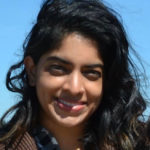
Sophia Malik is a family doctor and storyteller. Outside of practicing primary care within the walls of modern medicine, she enjoys falling into rabbit holes of learning about diverse cultural practices and beliefs, how to build community, and what it means to heal.
